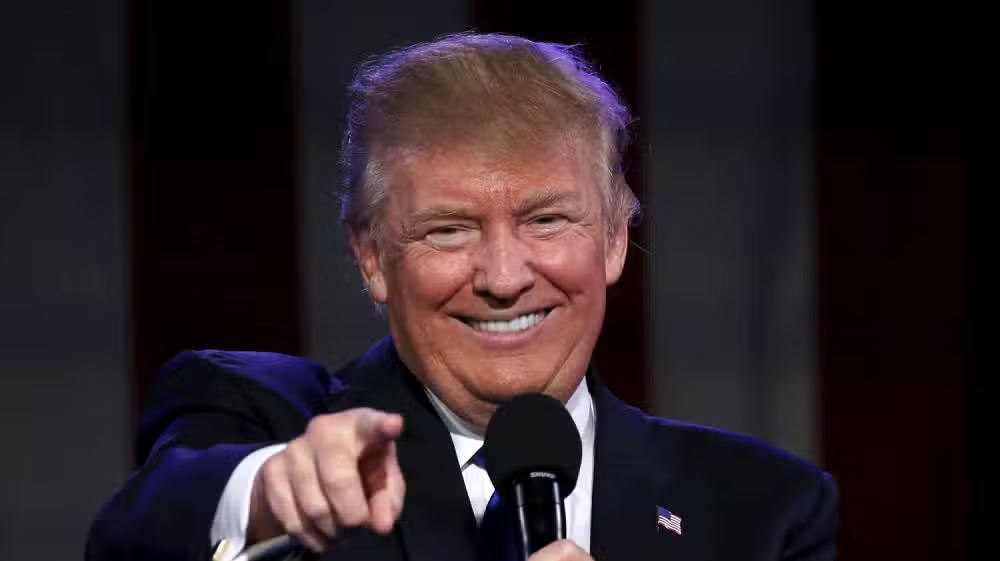The United States is set to launch its third major crackdown on China’s semiconductor industry in three years, implementing sweeping export restrictions targeting 140 companies, including major chip equipment maker Naura Technology Group. The new measures aim to curb Beijing’s chipmaking ambitions, with specific restrictions on Chinese firms Piotech and SiCarrier Technology.
The initiative, a significant move by the Biden administration, seeks to prevent China from accessing advanced chips and tools critical to artificial intelligence (AI) development and national security. The package introduces curbs on high-bandwidth memory (HBM) chips, advanced memory technologies, and 24 additional chipmaking and software tools. It also includes further restrictions on equipment made in countries like Singapore and Malaysia.
Prominent U.S. companies such as Lam Research, KLA, and Applied Materials, along with Dutch equipment maker ASM International, are expected to face challenges under the new rules. Around 100 Chinese chipmakers, including firms linked to Huawei, will be added to the U.S. entity list, requiring special licenses for shipments.
For the first time, Chinese investment firms Wise Road Capital and Wingtech Technology Co are also being included in the entity list, marking a shift in U.S. policy targeting investment-backed chip development.
Dutch and Japanese Manufacturers Exempt
The updated foreign direct product rule will exempt equipment manufactured in the Netherlands and Japan, while products from Malaysia, Singapore, and South Korea will fall under the new restrictions. This rule allows the U.S. to regulate foreign items shipped to China if they contain U.S.-based technology.
The restrictions follow extensive consultations with allies, with exemptions for nations that enforce similar export controls. Key memory technologies, including HBM 2 chips from Samsung and SK Hynix, are also included, though the impact is expected to primarily affect Samsung.
This move follows two prior waves of restrictions under the Biden administration, which marked the most significant U.S. tech policy shift toward China in decades.



